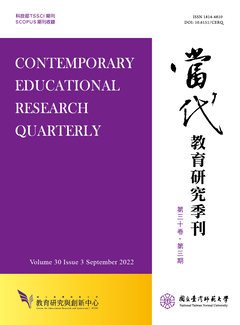

Anti-bullying in primary and secondary schools has been a vital issue in education policies of developed countries for years. The related researches in Taiwan were mainly focus on the causes of bullying behavior, the obligation of school faculty, and the procedures of dealing with it, comparatively ignoring the fact that school bullying has surpassed the level of school management. To tackle with it, the government should not only strengthen the profession of the school faculty, but also emphasize on the obligation of stakeholders and the involvement of external agencies. From 1990s, the UK and USA have been keen on school education reforms, highlighting the importance of campus safety and learning quality by prioritizing anti-bullying in campus safety policies; their positive experience is worthy for reference. Therefore, this study adopted the historical comparative method to analyse the components of British and American anti-bullying policies in the perspective of education law for the information of modifying related policies in the future. The results suggest the British and American anti-bullying policies follow the principles of administrative law, echo to the call of campus safety, highlight the accountability of parents, and safeguard the human rights of pupils and teachers. Accordingly, implications for related policies adjustments in Taiwan are proposed.

This work is licensed under a Creative Commons Attribution-NonCommercial 3.0 Taiwan License.
Center for Educational Research and Innovation, National Tawain Normal University
162, Ho-Ping East Rd, Sec. 1, Taipei, Taiwan | Tel:+886-2-7749-3670 | E-mail: cerecerq@gmail.com
CERI | NTNU | E-mail Alerts | Open Journal System
© 2014 CERI-NTNU
